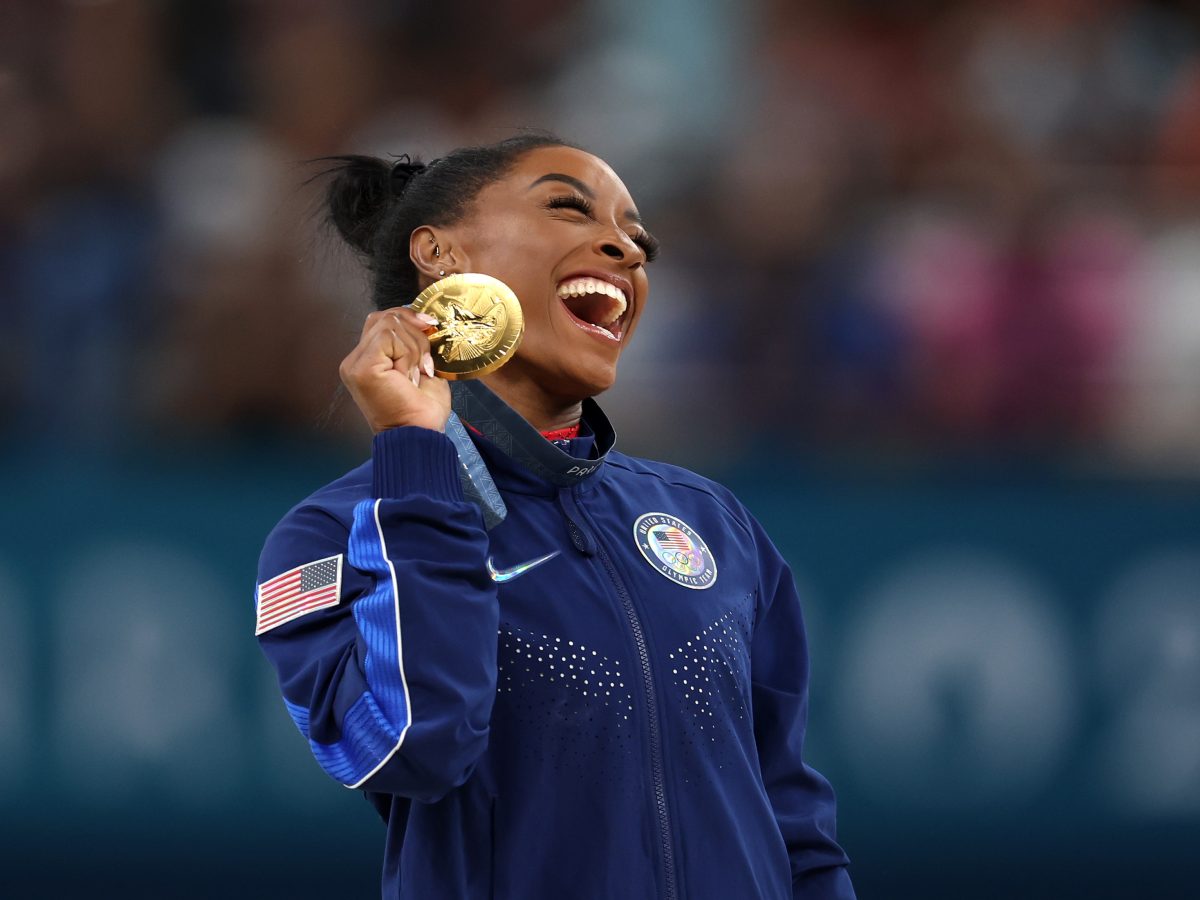
The Olympics have been held for 129 years, and in 2028, there will be more female athletes than male athletes for the first time ever in the sports industry. This marks a significant milestone for women in sports. Historically, at the 1900 Paris Olympics, only 2.2% of competitors were women. This participation gradually increased to 13% in 1964 and 23% in 1984. This progression highlights the growing presence of women in athletics, as the 2024 Paris Olympics achieved full gender parity, featuring an equal number of male and female athletes.
Women are transforming the landscape of sports, and they are projected to make up 50.7% of the athletes at the 2028 Los Angeles Summer Olympics. However, many may wonder about the perseverance that women have demonstrated throughout their journey for proper recognition in the sports world. Many people may not realize that women have not been granted the same opportunities to excel as their male counterparts. Throughout history, women have had to fight for equality in sports, continuing their pursuit for not only proper representation but also equal pay. We invite you to take a look back at significant moments in history when women across various sports fought for their rights to be acknowledged.
Kathrine Switzer: The First Woman To Run In The Boston Marathon
In 1967, Kathrine Switzer made a bold statement by participating in the Boston Marathon to demonstrate that women are capable of extraordinary stamina and endurance. At the time, women were not allowed to officially enter the Boston Marathon, so she registered under the name K.V. Switzer to conceal her gender.
Although she successfully entered the race, officials ejected her from the course two miles in. Nevertheless, she became the first woman to complete the Boston Marathon as an official entrant. This pivotal moment led to women being allowed to enter the race officially in 1972, and the women’s marathon was included in the Olympics starting in 1984.
WNBA Fight For Equal Pay
With the N.B.A. being a multibillion-dollar industry, one would expect this to provide women players with opportunities to benefit from their athletic excellence. However, this is far from the truth, as the minimum starting salary for W.N.B.A. players are eight times less than what the average NBA player earns. In 2018, A’ja Wilson, a star rookie and the first overall pick in the W.N.B.A. draft, began vocalizing the issues surrounding pay inequity. As the fight for change within the basketball industry continued, more athletes spoke out about the disparity in compensation between W.N.B.A. and NBA players. In 2022, it was reported that W.N.B.A. players received only 20% of revenue shares.
Several W.N.B.A. players, including Skylar Diggins-Smith and A’ja Wilson, have taken the lead in advocating for gender pay equity and social justice issues. Additionally, Nneka Ogwumike, Natasha Cloud, Breanna Stewart, Layshia Clarendon, Elizabeth Williams, and Gabby Williams have used their platforms to create informative discussions around equality and injustice. A significant moment occurred during the 2023 NCAA Women’s Championship when Angel Reese transformed the trajectory of women’s college basketball. As LSU won the championship, the event broke records as the most-viewed college sports event, whether men’s or women’s, with a staggering 9.9 million views. This achievement also led Reese to become the highest-paid collegiate women’s basketball player in the sports industry.
The Fight For Change In Tennis
Many recognize the incredible athleticism of Venus Williams and her contributions to tennis. However, fewer may know about her role in advocating for equal prize money at the Wimbledon Championship. After winning the title several times, she penned an op-ed in The Times of London in 2006 titled “Wimbledon Has Sent Me A Message: I’m Only a Second-Class Champion,” advocating for equal prize money for women’s tennis players. Her efforts led to changes in policies in 2007, where she was awarded $1.4 million for her fourth Wimbledon victory, matching the amount received by the men’s champion, Roger Federer.
This fight for equality has spanned decades, beginning with Billie Jean King and others who campaigned for equal pay at the U.S. Open in 1973. King and her fellow women tennis players formed the Women’s Tennis Association (WTA) and threatened to boycott the tournament if equal prize money was not awarded. Through her highly publicized “Battle of the Sexes” match against Bobby Riggs in 1973, she brought attention to the issue of gender inequality. She won this battle by securing sponsorship funding for equal prize money and played a crucial role in the enactment of Title IX, which prohibits sex discrimination in federally funded programs within the sports industry.